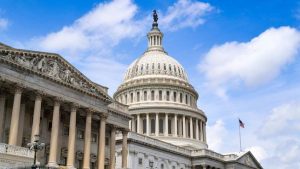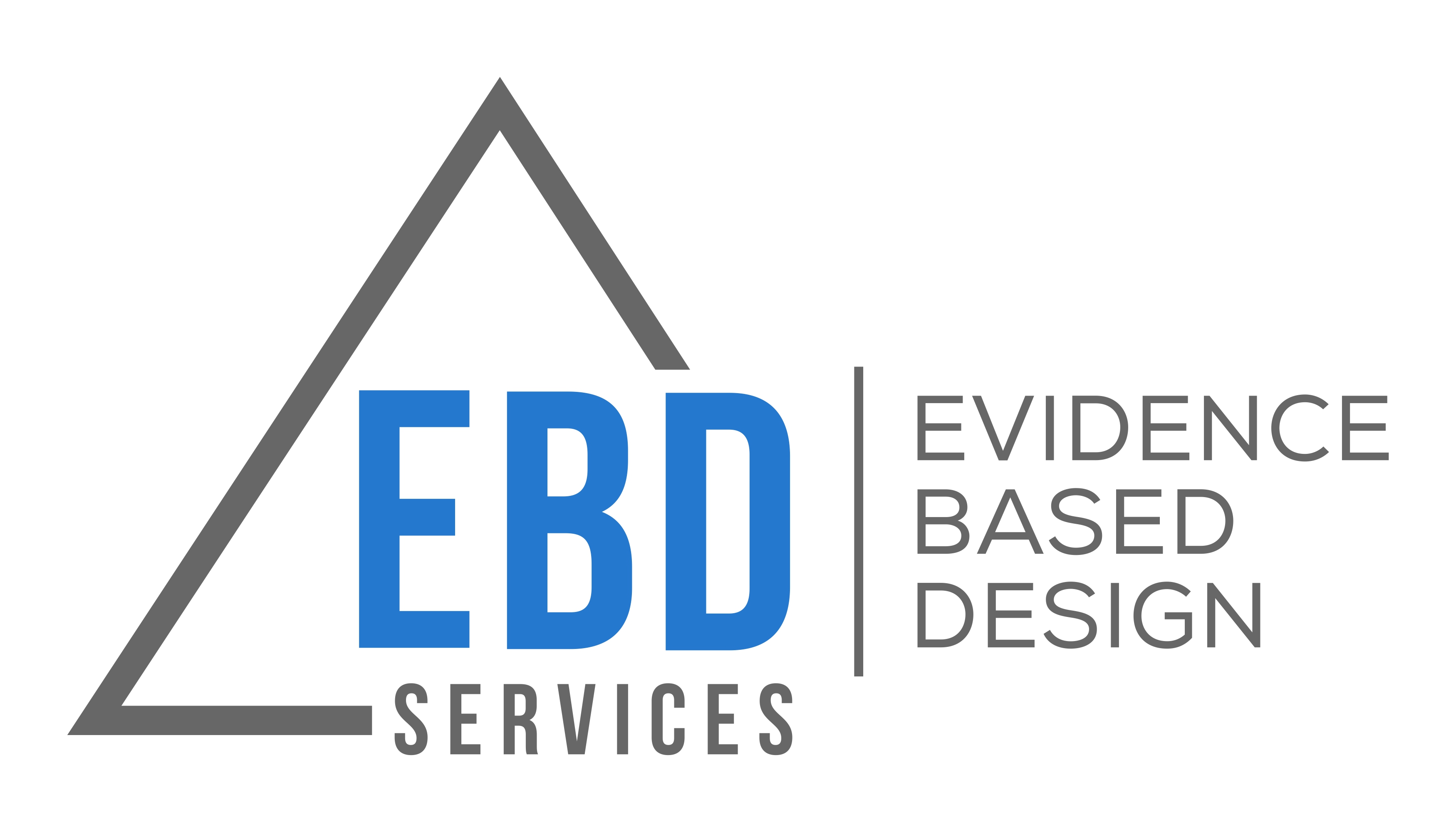 AIA National maintains a dedicated advocacy team in the DC office to track and draft bills, coordinate with other organizations and mobilize member advocacy. AIA staff advocate for policies that shape smart decisions and encourage innovation; legislation that secures the future of the profession and allows communities to benefit from the value of architecture; and regulations and codes that ensure buildings and spaces are healthy and safe.
AIA National maintains a dedicated advocacy team in the DC office to track and draft bills, coordinate with other organizations and mobilize member advocacy. AIA staff advocate for policies that shape smart decisions and encourage innovation; legislation that secures the future of the profession and allows communities to benefit from the value of architecture; and regulations and codes that ensure buildings and spaces are healthy and safe.
AIA National maintains an online Advocacy Hub top federal issues, resources for federal, state and local issues, news and more. For additional information, sign in to AIA’s Advocacy Center using your AIA username and password. Some AIA National committees and knowledge communities also advocate on behalf of the organization. Find out more about these groups on AIA’s Knowledge Communities page.
ArchiPAC is AIA’s federal political action committee (PAC), which supports candidates running for the U.S. House and Senate who support the AIA’s initiatives to preserve the profession and promote positive solutions for the built environment. ArchiPAC depends on personal voluntary donations from AIA members to give its members a stronger voice before the U.S. Congress. Find out more information about ArchiPAC here.
AIA National Government Advocacy staff
Sarah Dodge, Senior Vice President of Advocacy
sarahdodge@aia.org
Andrew Goldberg, Managing Director of Government Relations & Advocacy
agoldberg@aia.org, 202-626-7438
Christina Mason, Director of Federal Relations
christinamason@aia.org
Ian McTiernan, Manager of Federal Relations
Questions about Federal legislation
ianmctiernan@aia.org, 202-626-7374
Cynthia Witkin, Director of State & Local Policy
Questions about state and local legislation, calls from senators’ and representatives’ offices
cynthiawitkin@aia.org, 202-626-7543
Anne Law, Manager, State and Local Policy
Questions about state and local legislation, calls from senators’ and representatives’ offices
annelaw@aia.org, 202-626-7480
Amanda Stratton, Senior Manager of Advocacy Outreach
amandastratton@aia.org, 202-626-7356
John Peavey, Senior Director of Codes & Standards Policy
Codes questions
johnpeavey@aia.org, 202-626-7354
Wendy Perez Young, Senior Manager of Political Affairs
Questions about ArchiPAC
WendyPerezYoung@aia.org, 202-626-7381
You may also email govaffs@aia.org for general inquiries.
Contacting Your Federal Legislators
Calls, letters, visits, and attendance at town hall meetings offer effective avenues for influencing your federal legislators. Find contact information for Washington’s Congressional delegation here.
Calling
You can call your legislator at any time, day or night, and leave a message. You can call either the DC office or the local office. If the DC mailbox is full, call the local office. If a live person answers the phone, take the opportunity to ask the legislator’s position on your issue. Also ask for the name and email of the staff person assigned to your issue. Be prepared to leave your name, legislative district, and a succinct statement about what you are seeking (vote no on nominee A, vote yes on bill B). You don’t need to provide a long explanation of your views. The staff will simply be tabulating all calls related to your issue and passing them along to the legislator.
Writing
You can send a letter, postcard, fax or email to your legislator at their DC or home office. (Note that physical letters or postcards sent to a DC office undergo special security screening and may be delayed by several weeks; this is not true of local offices.) Keep messages brief and focused. Email must be sent via an online form unless you have obtained the name and email of a staff person by calling or visiting beforehand. You will be asked to enter your home address; be aware that any message sent from an address not within the legislator’s district will be filtered out. Try to stick to one issue (“I am an environmental voter and I want the Senator to do D, E and F”), and share your particular expertise or personal story on that issue.
Visiting
AIA Grassroots, in February or March each year, brings together hundreds of architects to learn about key issues and visit their legislators on Capitol Hill. Attending Grassroots is exciting and can provide a great introduction to federal activism. Your state chapter will set up Hill visits for all attendees from your district, and you will be provided with issue briefs and AIA position statements to discuss with your legislator or their staff.
On your own, you can set up an appointment to meet your federal legislators either in DC or at their home offices at any time. You can also walk into their offices at any time without an appointment; these are public spaces and you as a constituent are welcome there. You can leave a message for the legislator with the receptionist; often, there will be a form where you can leave a handwritten message. Be prepared to state your legislative district. Ask for the name and business card of staffers working on the issues you care about; this will give you valuable email contact information for future communications.
 To visit DC, contact your legislator DC office well ahead of time, tell them briefly what you would like to talk with your legislator about, and request an appointment. When you visit, you will most likely meet with a staff person, not the legislator. Don’t worry; that’s often the best person to meet with, as they will know your particular issue better than the representative.
To visit DC, contact your legislator DC office well ahead of time, tell them briefly what you would like to talk with your legislator about, and request an appointment. When you visit, you will most likely meet with a staff person, not the legislator. Don’t worry; that’s often the best person to meet with, as they will know your particular issue better than the representative.
If you want more time for your meeting and a higher chance of meeting the legislator rather than a staffer, visit the home office. Again, contact the home office ahead of time, tell them briefly what you would like to talk with legislator about, and request an appointment. Home office appointments with legislators are limited to days when they are on break from DC votes. Check the official House and Senate schedules to find out when Congress is in session and therefore when your legislator is likely to be in DC.
In your meeting, be brief and to the point, and describe the specific actions you would like from the legislator (support bill X, introduce a bill to do Y, vote for against nominee Z). Learn the legislator’s view on your issue and end by asking if you can count on the legislator to take the action you are seeking.
Town Hall Meetings
Federal legislators usually schedule town hall meetings in their home district that are open to all constituents. Call the office to ask when the next one is scheduled, then come prepared to ask questions and state your concerns.
Email Lists
To stay up to date on the issues your legislator or Congress in general is working on, sign up on his/her website to receive email updates. If you don’t want weekly emails, you can just visit the site’s news and issue sections. You can also visit the committee website for the committee that has jurisdiction over your issue.
Links
Full list of U.S. senators
Find your U.S. Representative
Full list of U.S. Representatives
Senate and House committees
Contact information for Washington State’s Congressional delegation
Tracking Federal Legislation
To search federal legislation by bill number, topic or sponsor, click here.












































